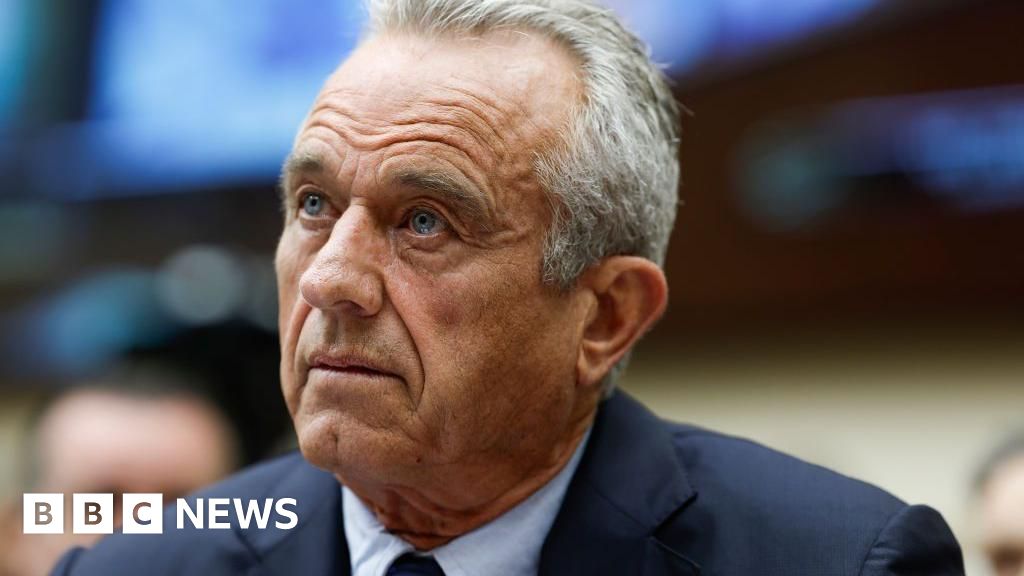The Internal Revenue Service is trying to deal with a series of challenges that the billions in additional funding from the Inflation Reduction Act will help alleviate, but not completely address.
IRS Commissioner Danny Werfel testified Tuesday during a congressional oversight hearing and faced a grilling from lawmakers on both sides of the aisle. “I continue to believe I have a unique opportunity coming into the agency to bring a fresh perspective on our operations, examining them to determine where improvements can be made and what processes and controls need to be strengthened to better fulfill our mission,” he said in his opening statement. “Ensuring a high-performing IRS is critical for our nation, as the agency collects more than $4 trillion in revenues each year, generating about 96 percent of the funding that supports the federal government’s operations — everything from roads and other infrastructure to education and the nation’s military.
“The funding provided by Congress in the Inflation Reduction Act of 2022 has already allowed us to make improvements in many areas, including our levels of service on the phones and in person during the 2023 filing season,” Werfel added. “In tandem with the IRS’s annual discretionary budget, this critical, sustained multiyear funding will allow the agency to transform its operations — through improved taxpayer service, smarter enforcement, upgraded technology and better data security.”
Al Drago/Bloomberg
In conjunction with the hearing, an official from the Government Accountability Office, Jessica Lucas-Judy, director of strategic issues at the GAO, testified about a new report on the IRS’s opportunities to address its longstanding challenges. “IRS’s mission is to provide American taxpayers with top-quality service by helping them understand and meet their tax responsibilities,” she said in her opening statement. “As part of taxpayers’ efforts to meet their tax and filing obligations, IRS receives a great deal of personal and financial information about individuals and businesses. Taxpayers must have confidence that IRS properly protects their personal and financial information.”
The report pointed out that the IRS has struggled with longstanding challenges in providing taxpayer service, processing returns, safeguarding sensitive information, and replacing legacy IT systems.
The GAO made a number of recommendations to the IRS to address various issues in service and processing, data safeguards, and IT. The IRS generally agreed with the recommendations and has taken action to implement many of them, but others still need to be fully addressed, according to the report. The suggestions include improvements in digitizing information, workforce planning, and increasing contractor oversight, among others. The GAO has also previously made recommendations to Congress that remain unaddressed.
“Congress must continue to ensure the IRS has the funding and resources necessary to maintain its remarkable progress since the IRA became law,” said Rep. Kweisi Mfume, D-Maryland, the ranking member of the House Oversight Subcommittee on Government Operations and the Federal Workforce, in his opening statement. “Make no mistake, further cuts will hamper the IRS’ ability to execute transformative change. I urge my colleagues on both sides of the aisle to preserve IRS funding as we move forward from our current stalemate and get back to the business of funding the government’s operations.”
Credit: Source link











